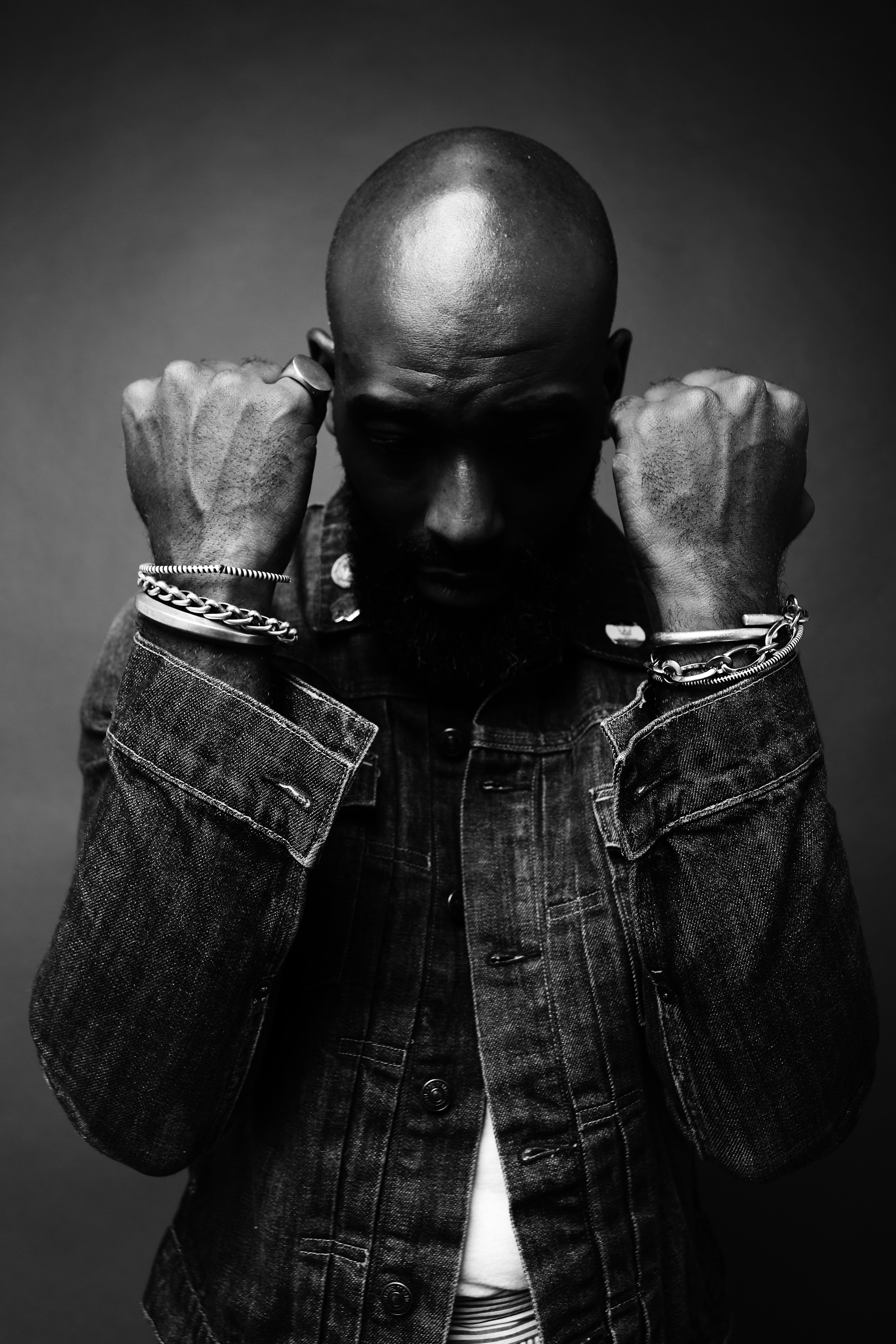THE AFRICAN MAHDI.
-----------
New "Prophet" Who Commands 100,000 Soldiers.
-----------
ALL CHRISTIANS THREATENED
-----------
The Vossiche Zeitung gives the following interesting account of a new Mohammedan "prophet," who some years ago founded a large kingdom on the Upper Niger:--"His name is Samori, and if his good fortune continues he will soon be as celebrated in Europe as was the Mahdi. He is one of those personages who suddenly appear in the history of Islam, to disappear as suddenly, and whose mission is to spread the rule of Islam and destroy the unbelievers. Samori’s origin is dark. By some he is believed to be of the mysterious stem of the Fulas, by others of that of the Mandengas. It seems that he was early initiated into the duties of his ‘mission’ by fighting under Hadsch Omar against the French, on the Senegal. He has a special hatred against the French, and has warred against them during some years on the Upper Niger. His kingdom is situated on the sources of the Niger and is almost wholly unknown. The only person who penetrated it was a native French sub-lieutenant, named Alla Kamessa, who visited Samori in the town of Galaba (9 deg. north latitude, 9.40 west longitude) in 1881. When in 1879-80 the French sent an expedition to the Upper Niger, they came into indirect contact with Samori for the first time. Their operations being threatened, a captain, Delauneau, was sent with the order to destroy the rebels. He reached Keneira, and pretended that he had beaten the ‘disordered bands of the robber,’ but it is more probable that he only just escaped by a hasty flight. He was pursued by the enemy, and obliged to leave his artillery behind him. Since that time there has been no peace between
SAMORI AND THE FRENCH,
and only a few weeks ago the Parisian Press expressed serious fears as to the fate of the French on the Upper Senegal and Niger. Samori’s soldiers had broken the telegraph from Bamaku, a proof that his power had extended farther to the north and was becoming dangerous. At the same time he had turned west, where his troops, as was reported by the United States Consul in Freetown, the capital of the English colony in Sierra Leone, had appeared north of the latter place. The same Consul values Samori’s army at 100,000 men, mounted and on foot. As the German possessions on the river Dubreka, opposite the isles de los Idolos, lie about 140 kilometres north north-west of Freetown, it is possible they will soon be obliged to fight Samori in self-defence. In advancing west Samori must have conquered the country of Fata Dshal, which was under the protection of France according to some--certainly very doubtful--treaties said to have been concluded by Victor Gaboriaud and Dr. Bayol. So that Samori is at war with the French not only on the Senegal and Niger, but also on the Atlantic coast. It
CANNOT BE FORESEEN WHAT DANGERS
the English, French, Portuguese, and German colonies will incur from this advance of Samori, and his future success depends on his personality, and he may also die before he can carry out his plans. But for him, who is a Mohammedan prophet, mahdi, missionary, or sheik, as he likes to call himself, all Christians are unbelievers who ought to be destroyed. His advance to the coast is not only influenced by his religious notions, but also by the love of conquest. He is a true warrior, and has learnt the value of European weapons of war, and he hastens to reach a place whence he can directly derive such material. The English factories will at first be rejoiced at the lively trade with weapons which will later be directed against themselves. We must be prepared for the probability in a few years of a war breaking out between Islam and Christendom on the Atlantic coast between Gambia and Sierra Leone, unless death carries off the Sheik Samori. Great Britain and France first, and then Germany and Portugal, will be dragged into this war, and it behooves all not to allow themselves to be taken by surprise."
In 1886 Samori Ture signed the Treaty of Kéniéba-Koura, which granted the left bank of the Niger River to France. He continued to fight against the French until he was captured in 1898 and exiled to Gabon. Samori Ture died in captivity after a bout of pneumonia at the approximate age of 70 on June 2, 1900.

.JPG)





































No comments:
Post a Comment